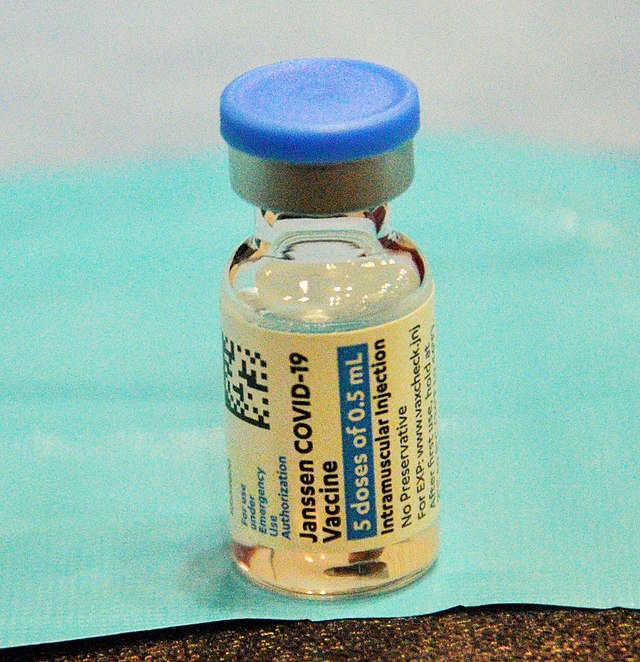Johnson & Johnson vaccine roll-out paused after 6 women develop rare blood clots
Johnson & Johnson Vaccine
West Virginia Governor Jim Justice, along with many others across the country, have paused the administration of the Johnson & Johnson COVID vaccine after reports came from the Food and Drug Administration and Center for Disease Control to do so. The FDA and CDC have reported six cases of rare blood clots in recipients of the vaccine. This recommendation was sent out on April 13, 2021 and will be revisited on April 23, 2021. Clinics that were preparing to administer this vaccine will replace it with Moderna or Pfizer as supplies will permit.
According to the CDC, the rare blood clots were found in six women between the ages of 18 and 48 out of the nearly seven million doses that have been administered. These symptoms have been similar to the one viewed with the AstraZeneca vaccine. Alternatively, it has not been seen in the 180 million doses given of Pfizer and Moderna vaccines. Johnson & Johnson put out a statement stating that there was no clear correlation between the blood clots and their vaccine, but it is being managed with an abundance of caution.
While the mysterious blood clots are being taken seriously, many are questioning why other medications with a more common rate are not being paused. For example, hormonal birth control has a blood clot rate of one in 1000 compared to the vaccine’s one in 1 million. This is a valid concern, but the types of blood clots are different. The ones seen when taking birth control tend to occur in the legs and travel to the lungs. However, those seen with the vaccine occur in the brain when the sinuses that drain blood become blocked. Additionally, those who contracted these blood clots also had a low platelet count which is an even rarer occurrence.
If you have already received the Johnson & Johnson vaccine, there is no reason to panic. After two weeks with no symptoms, there is no reason to believe that you could develop these symptoms. If you have recently received it, you should watch for symptoms in the first two weeks that include easy and new bruising, severe headache, leg swelling, and shortness of breath. Upon the acknowledgment of these symptoms, medical assistance should be sought immediately. Gov. Justice has stated that none of the current occurrences have been from West Virginia, but there is still not enough information to rule any one thing or person out from the reaction.
For more information, please contact the author, Emma Beatty, at [email protected]. The Center for Disease Control’s website has also been updating with any and all new information presented.
Emma Beatty is a first year student at West Liberty University majoring in Human Biology. She has the intentions of going on to become a Physician Assistant....







